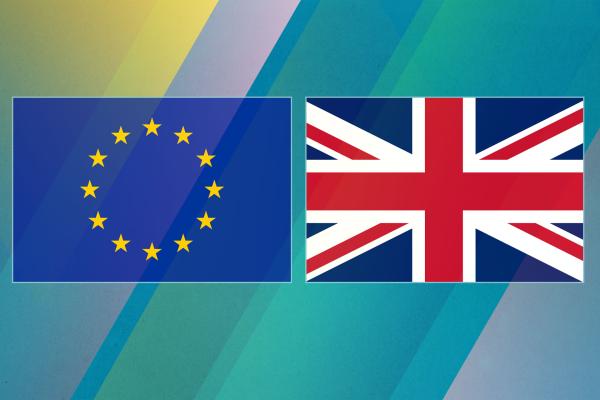
EU trade relations with the United Kingdom. Facts, figures and latest developments.
The United Kingdom left the European Union on 31 January 2020.
The EU and the UK reached an agreement on their future relationship on 24 December 2020. They formally signed the EU-UK Trade and Cooperation Agreement on 30 December 2020.
The agreement entered into force on 1 May 2021 after approval of the European Parliament and adoption by the Council.

EU-United Kingdom Trade and Cooperation Agreement
The EU-UK Trade and Cooperation Agreement concluded between the EU and the UK sets out preferential arrangements in areas such as:
Provisions ensuring a level playing field and respect for fundamental rights underpin it.
The Trade and Cooperation Agreement therefore goes beyond traditional free trade agreements and provides a solid basis for preserving the longstanding friendship and cooperation between the EU and the UK.
The EU-UK Trade and Cooperation Agreement consists of:
Foreign policy, external security and defence cooperation are not covered by the Agreement as the UK did not want to include these. Since 1 January 2021, there has been no framework in place between the UK and the EU to develop and coordinate joint responses to foreign policy challenges, for instance the imposition of sanctions on third-country nationals or economies.
The Trade and Cooperation Agreement does not cover any decisions relating to:
These are unilateral decisions of the EU and are not subject to negotiation.
The Trade and Cooperation Agreement covers not just trade in goods, services, investment, public procurement and IPR, but also a broad range of other key areas in the EU's interest, such as competition, state aid, tax transparency, air and road transport, energy and sustainability, fisheries, and social security coordination.
The EU and the United Kingdom meet regularly to discuss issues and best practices and oversee the proper functioning of the Agreement.